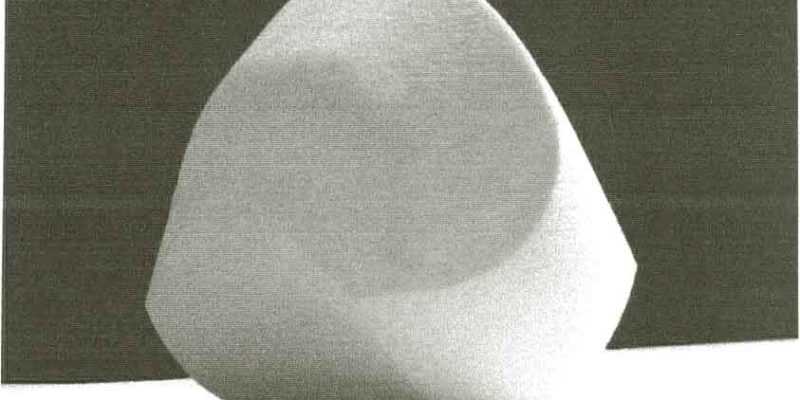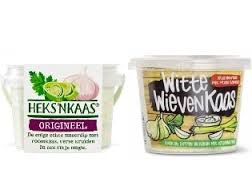The bad faith conundrum in the EU continues – KOTON, SKY, ANN TAYLOR, NEYMAR, CAFÉ DEL MAR
Bad faith is on the rise – whether in reality or as a useful weapon against trade marks is another question. Recently, both the General Court (GC) and the Court of Justice (CJEU) have had several opportunities to consider whether trade marks had been filed in bad faith. The tendency seems to become stricter and…


